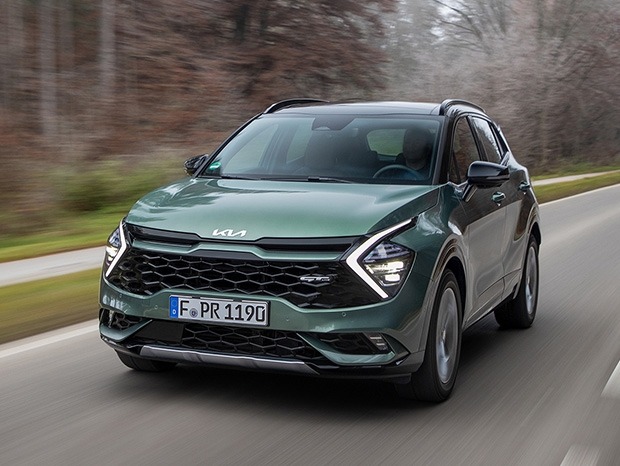Car dealer agency retail model could break European antitrust laws
11 April 2022

As more carmakers turn towards the agency model of dealerships, they are being warned to ensure arrangements are carried out correctly. Otherwise, they could be at risk of breaching European Union antitrust laws.
CECRA, the trade group representing European car dealers has stated that ‘non-genuine’ agency dealer contracts could risk the wrath of lawmakers. These agreements combine traditional distribution models with the agency model. This ‘hybrid’ way of working could fall foul of block-exemption regulations and therefore incur heavy fines.
Car manufacturers are free to decide upon which vehicle distribution model they wish to work with and must comply with the contractual obligations of their chosen distribution model. This means that car manufacturers cannot combine different models and take advantage of the benefits each offer.
Trending towards agency-based car dealerships
CECRA has noticed more manufacturers opting for the agency model, consisting of a ‘sales agent’ acting in the name, and on behalf of, the manufacturer. The role of the agent consists essentially in taking orders from customers and forwarding them to the manufacturer which then delivers vehicles directly to the customers at the price fixed by themselves. All financial risks and investments are borne by the carmaker.
This type of agreement is outside the scope of competition legislation, whereas block exemption is designed to regulate the business conduct of independent parties. Genuine agency models mean sales agents are not independent of the manufacturer.
Should the agent’s responsibilities go beyond an ‘insignificant’’ financial and investment risk, also known as ‘non-genuine’ agency contracts, the position of being exempted from competition legislation will be lost. Consequently, under such a non-genuine agency contract, the manufacturer is not allowed to fix the end-customer price.
In this aspect, the non-genuine agency is very similar to a distribution model, where the financial risks and investments are to a great extent supported by the dealers. The car dealers are effectively free to set the final end-customer prices.
Hybrid working is the wrong choice
CECRA has warned that it sees a number of scenarios emerging in the automotive market, as carmakers become more imaginative with their introduction of agency models.
‘We are informed that some manufacturers try to play a cherry-picking game,’ the organisation states. ‘Some manufacturers have proposed to their actual dealers to switch to non-genuine agent contracts, by which they would have to continue bearing significant investments and risks, and the final vehicle price would not be entirely fixed. The final price to the customer could fluctuate by a few dozen euros, this being the possible waiver of commission from the agent to the final customer.
‘This amount would obviously be derisory and would certainly not make it possible to consider that the manufacturer does not control the sales price to the final customer and can therefore dispense with assuming the commercial and financial costs and risks.’
In the absence of the possibility for ‘agents’ to give up a significant part of their commission, there is a risk that competition authorities will consider there is a de facto situation of imposed resale price. This is a black market in the current Block Exemption Regulation and will be incorporated into future drafts as well. CECRA added that the European Commission is well informed about these practices and is following it up closely.
‘We consider that from a legal point of view, this system of “false” agent contracts does not hold water and presents serious risks both for manufacturers who would like to follow this path and, even if to a lesser extent, for distributors who sign “false” agent contracts who could thus become stakeholders in an anti-competitive practice and thus potentially exposed to fines,’ CECRA added.
‘Whatever distribution model manufacturers will unroll, one fundamental aspect is that whether it is a distributor or an agent, they need an economically-viable business model, otherwise the future of distributing, repairing, and maintaining cars will be disrupted.’



